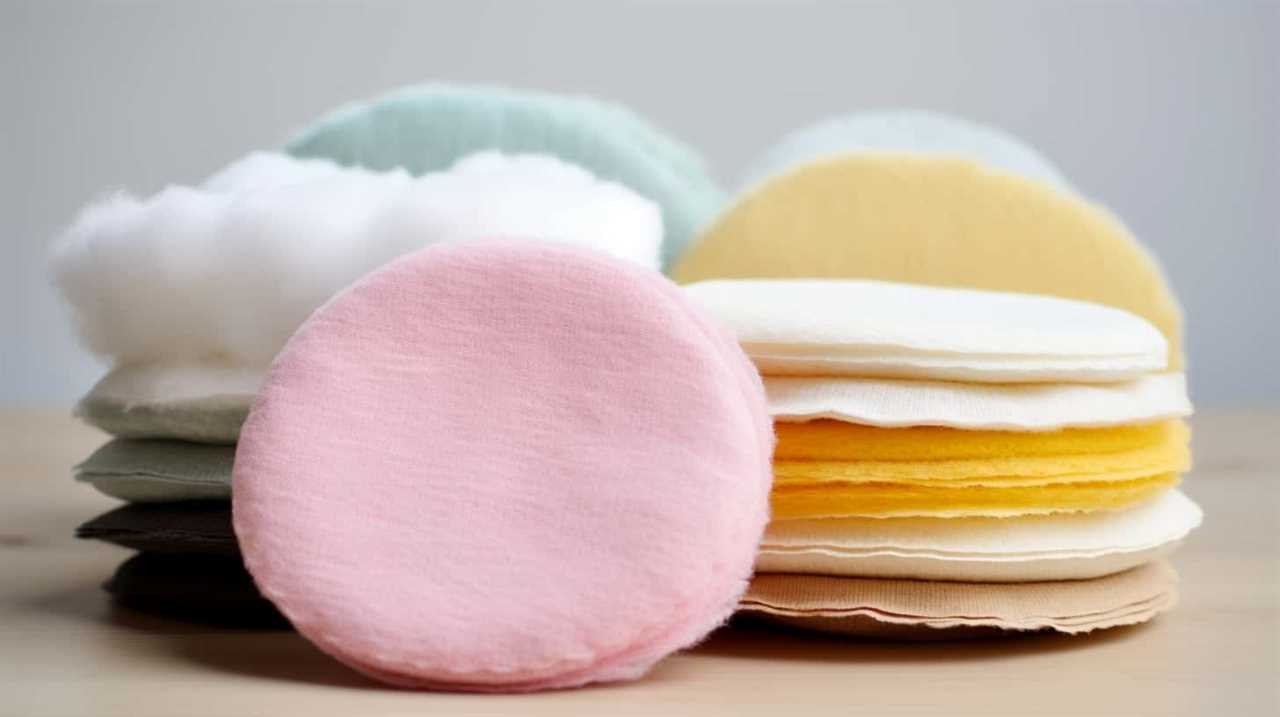Have you ever thought about the reason behind the unpleasant smell coming from your bathroom sink drain? We are here to provide you with the answers.
Is it due to poor cleaning habits or accumulated hair and debris? Maybe it’s the result of bacterial growth or blocked pipes.
Or could it be sewer gas leakage? In this article, we’ll delve into the reasons behind that unpleasant odor and provide you with practical solutions.
Get ready to master the art of keeping your bathroom smelling fresh and clean.

Key Takeaways
- Regular cleaning and maintenance of the sink and drain are essential for preventing and eliminating bathroom sink drain odors.
- Use effective cleaning products designed for bathroom surfaces and drains to break down and remove stubborn residue that may be causing the odor.
- Incorporate preventive measures such as using a drain strainer to catch hair and debris before they go down the drain, and regularly cleaning and disinfecting the drain to remove accumulated debris and prevent bacterial growth.
- Regular plumbing maintenance, including checking for leaks, repairing damaged pipes, and ensuring proper ventilation, can prevent clogged pipes and sewer gas leakage, which can cause foul smells in the bathroom sink drain.
Poor Cleaning Habits
In our experience, poor cleaning habits are often the main culprit behind the unpleasant odor emanating from the bathroom sink drain. Maintaining proper hygiene practices and using appropriate cleaning products are essential for preventing and eliminating these odors.
When it comes to hygiene practices, it’s important to regularly clean the sink and drain to remove any buildup of dirt, grime, and bacteria that can contribute to the foul smell.
Additionally, using effective cleaning products specifically designed for bathroom surfaces and drains can help to break down and remove any stubborn residue that may be causing the odor.
Regular cleaning and proper use of cleaning products are crucial in maintaining a fresh and odor-free bathroom sink drain.

Accumulated Hair and Debris
To add to our previous discussion, another common cause of bathroom sink drain smells is the accumulation of hair and debris within the drain. This can happen over time, especially if proper cleaning habits aren’t followed.
Here are three important points to consider when it comes to preventing odor and effectively removing hair and debris from your sink drain:
- Regularly clean the drain using a drain cleaner or a mixture of baking soda and vinegar.
- Use a drain strainer to catch hair and other debris before they go down the drain.
- Consider using a drain snake or a plunger to remove any clogs caused by hair and debris.
By incorporating these preventive measures and effective hair removal techniques, you can minimize the accumulation of hair and debris in your sink drain and prevent unpleasant odors.
Now, let’s move on to discuss the next topic: bacterial growth in the drain.

Bacterial Growth in the Drain
One common cause of bathroom sink drain smells is the presence of bacteria within the drain. Bacterial contamination can occur when organic matter, such as food particles or hair, accumulates in the drain and provides a breeding ground for bacteria. As these bacteria multiply, they release gases and produce foul odors, which can be unpleasant and indicate a potential health hazard.
The foul odor can also be attributed to the breakdown of organic matter by the bacteria, resulting in the release of sulfurous compounds. To address this issue, it’s important to regularly clean and disinfect the drain to remove any accumulated debris and prevent bacterial growth. Additionally, using drain cleaners or natural solutions like vinegar and baking soda can help eliminate bacteria and eliminate the foul odor.
Blocked or Clogged Drain Pipes
As we continue our discussion on bathroom sink drain smells, another potential cause is blocked or clogged drain pipes. When the pipes become obstructed, water and waste can’t flow freely, leading to unpleasant odors. Here are three key factors to consider:
- Rusty Pipes: Over time, pipes can develop rust, which can accumulate and cause blockages. Rusty pipes are more prone to buildup and can restrict the flow of water, resulting in foul smells.
- Plumbing Maintenance: Regular maintenance is crucial to prevent clogged pipes. Neglecting routine maintenance can allow debris, hair, and other substances to accumulate, leading to blockages and unpleasant odors.
- Professional Help: If the issue persists despite your efforts, it may be time to call a professional plumber. They have the expertise and tools necessary to identify and clear any blockages, ensuring that your sink drains properly and odors are eliminated.
To avoid these problems, it’s essential to regularly inspect and maintain your plumbing system. Keeping your pipes clean and free from obstructions will help prevent bathroom sink drain smells caused by blocked or clogged drain pipes.

Sewer Gas Leakage
We have found that a common cause of bathroom sink drain smells is sewer gas leakage. Sewer gas is a mixture of various gases, including methane, ammonia, and hydrogen sulfide, which can emit a foul odor. This gas can enter your bathroom through faulty plumbing connections or damaged pipes, leading to unpleasant smells in your sink drain.
It’s important to address sewer gas leakage promptly to prevent further issues and maintain a hygienic bathroom environment. Regular plumbing maintenance, such as checking for leaks, repairing damaged pipes, and ensuring proper ventilation, can help prevent sewer gas leakage and associated toilet odors.
If you notice persistent smells or suspect sewer gas leakage, it’s advisable to contact a professional plumber for thorough inspection and repairs.
Frequently Asked Questions
How Can I Prevent Bacterial Growth in My Bathroom Sink Drain?
To prevent bacterial growth in our bathroom sink drain, we can use cleaning solutions specifically designed to kill bacteria. Regularly cleaning the drain and using a disinfectant can help prevent mold growth and keep the drain smelling fresh.

What Are Some Signs That My Bathroom Sink Drain Is Blocked or Clogged?
When our bathroom sink drain is blocked or clogged, we might notice slow draining, gurgling sounds, or water pooling in the sink. To unclog it, we can try DIY methods like using a plunger or baking soda and vinegar.
Can Sewer Gas Leakage From My Bathroom Sink Drain Be Harmful to My Health?
Sewer gas leakage from bathroom sink drains can have a detrimental effect on indoor air quality. It is important to be aware of the common causes of these smells to maintain a healthy living environment.
How Often Should I Clean My Bathroom Sink Drain to Avoid Unpleasant Odors?
To avoid unpleasant odors, we clean our bathroom sink drain regularly. We use effective cleaning methods to remove any buildup and keep the drain smelling fresh.
Is It Necessary to Hire a Professional Plumber to Fix a Blocked or Clogged Drain Pipe in My Bathroom Sink?
No, it is not always necessary to hire a professional plumber to fix a blocked or clogged drain pipe in our bathroom sink. There are DIY methods available to unclog the drain and common causes for the blockage.

Conclusion
In conclusion, a foul odor coming from your bathroom sink drain can be attributed to poor cleaning habits, accumulated hair and debris, bacterial growth in the drain, blocked or clogged drain pipes, or even sewer gas leakage.
It’s important to regularly clean and maintain your sink drain to prevent unpleasant smells and potential plumbing issues.
Just like neglecting to clean a sink drain can lead to unpleasant odors, neglecting other aspects of our lives can result in similar unwanted consequences.










